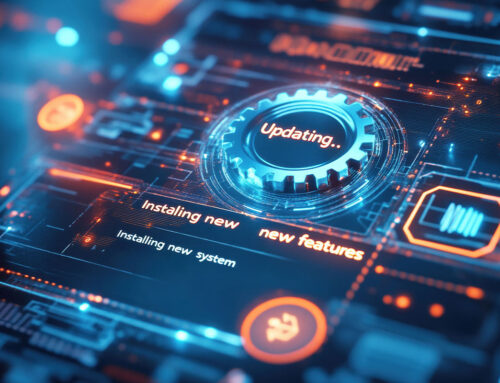As climate change has become a near-daily topic of national conversation, more organizations and individuals are seeking ways to reduce their impact on the planet.
Companies continue to adopt and refine environmental, social and governance (ESG) standards to define and measure ways to reduce their eco-footprint. As they look for additional avenues for improvement, tech leaders are becoming increasingly involved in sustainability efforts.
A 2022 Accenture study found that 49 percent of CIOs are involved in their organization’s goal-setting on sustainability. That number is likely to increase, especially as public companies in the U.S., Canada, United Kingdom and European Union are now expected to report their carbon emissions. Though many other organizations are not required to self-report, more employees want and expect their employers to take a proactive stance against climate change.
Implementing device recycling can create a significant positive impact in this area. In addition to reducing waste, it can increase employee engagement and retention by showing that the employer holds similar values to its employees.
The case for device recycling
According to a 2022 McKinsey & Company report, enterprise technology accounts for about 1 percent of global greenhouse gases, which is about 350 to 400 megatons of carbon dioxide — equivalent to the amount of total carbon emitted by the United Kingdom.
Surprisingly, end-user devices generate 1.5 to 2 times as much carbon globally as data centers. Most organizations have a significant number of laptops, tablets, smartphones and printers that are replaced with regularity. The average refresh cycle for end-user devices:
- 2 years for smartphones
- 4 years for laptops
- 5 years for printers
While procuring fewer devices and extending the refresh cycle can decrease an organization’s carbon footprint, recycling can make an immediate impact: 89 percent of organizations recycle less than 10 percent of hardware, McKinsey reported. Increasing that percentage by bringing on a tech recycling partner can result in immediate cost savings. Additionally, reusing devices can reduce carbon emissions by up to 50 percent.
“The most sustainable device is the one already in your hand,” says Allyson Mitchell, Vice President of Sustainability at Mobile reCell. “By extending the usable life of enterprise devices, organizations can derive optimal utility. When it’s time to recover a device, transparency and traceability strategies can ensure an organization maintains the highest and best usage of the device’s component materials while eliminating waste and preventing additional resource extraction. That’s truly a win-win for companies and the planet.”
How to make a positive change
Accenture found that 20 percent of organizations say they haven’t tried to reduce the environmental impact of technology because they weren’t aware of the unintended consequences. Beyond that, an “intent-action gap” exists for a majority of companies, which haven’t fully integrated their business, technology and sustainability strategies. Now’s the time to close that gap, as organizations on the leading edge of ESG issues outperform their peers, generating up to 2.6 times more value.
Tech Orchard has partnered with Mobile reCell to allow organizations to recover end-user mobile devices. This automated, end-user-centric process has proven results, resulting in recovery of more than 95 percent of assets, on average. This allows companies to protect their data while reusing or recycling devices. As an R2 certified recycling company, Mobile reCell dismantles devices to recover parts and precious metals, keeping toxic components out of landfills.
Mobile reCell’s software generates reporting on recovered devices, allowing organizations to quantify how their changes have made a positive impact and providing transparency to employees and stakeholders.
Taking advantage of Tech Orchard’s device recovery solution pays for itself in short order, from the savings on reusing devices to the automated environmental impact reporting. Schedule a call with Tech Orchard so we can help you meet your ESG goals.





